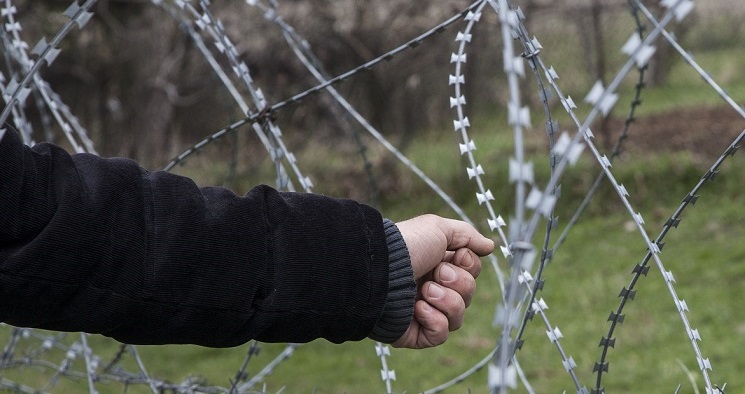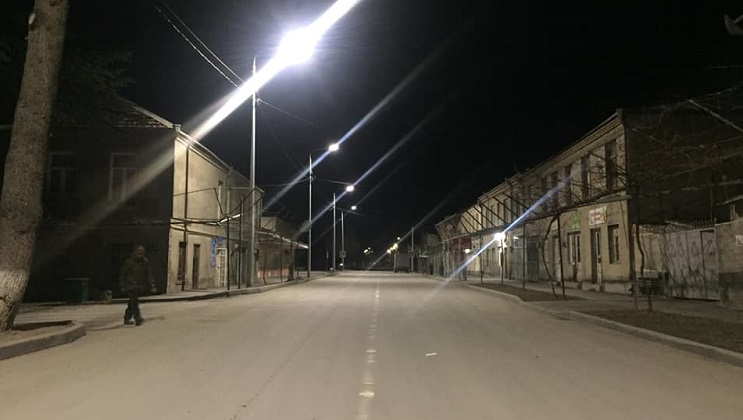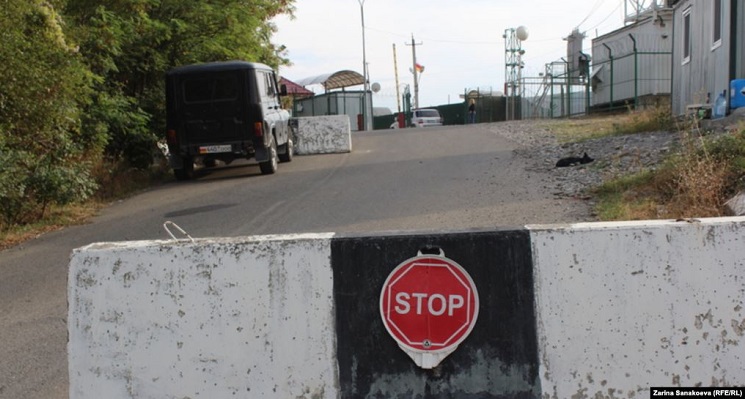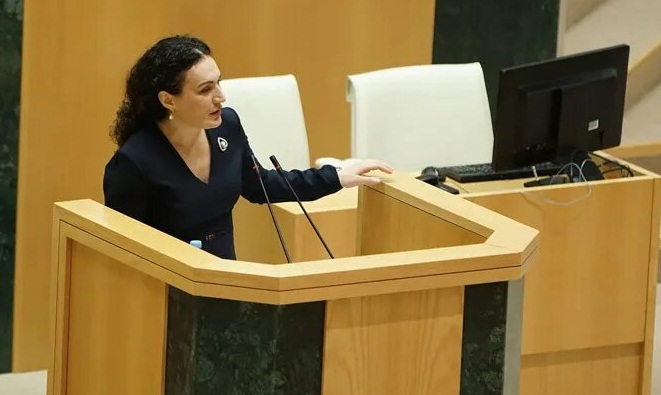NGO: patients with severe conditions in occupied Akhalgori denied scheduled medical services

RES media outlet reports that trade facilities, beauty centres and sewing salons have resumed work in Tskhinvali region. Also, three vitally important ventilators were given to North Ossetia-Alania from Tskhinvali. Photo: Nino Alavidze/Agenda.ge.
Residents of Georgia’s Russian-occupied Akhalgori district are prohibited not only from moving to the central government-controlled territory and receiving quality medical services there, but also from receiving scheduled services at the Akhalgori local hospital, reports Democracy Research Institute NGO (DRI).
At the initial stage of the spread of the coronavirus, the de-facto government explained the discriminatory approach to the Akhalgori population by the spread of COVID-19, but now the situation in Tskhinvali (South Ossetia) region has changed Due to the fact that there is no officially confirmed case of coronavirus infection, the de facto government of Tskhinvali region has decided to ease the quarantine measures in place”, reports DRI.
RES media outlet reports that trade facilities, beauty centres and sewing salons have resumed work in Tskhinvali region. Also, three vitally important ventilators were given to North Ossetia-Alania from Tskhinvali.
DRI says that cases of discrimination have intensified in Akhalgori. The administration of the local hospital refuses the scheduled hospitalization of people with special needs and patients with severe illnesses. In addition to this, patients with severe health conditions are not allowed to go to Tbilisi to seek care.
DRI calls on the Georgian authorities to take all possible measures to ensure that critically ill patients living in Akhalgori receive planned medical care in the territory controlled by the central government.
In the middle of April, the State Minister for Reconciliation and Civic Equality Ketevan Tsikhelashvili also noted that people in the Russian-occupied Tskhinvali region don’t have access to vitally important healthcare services.
De facto Tskhinvali closed the crossing points with Georgia on September 4, 2019, and, since then, 13 individuals have lost their lives, as they were unable to receive quality medical treatment.
 Tweet
Tweet  Share
Share




